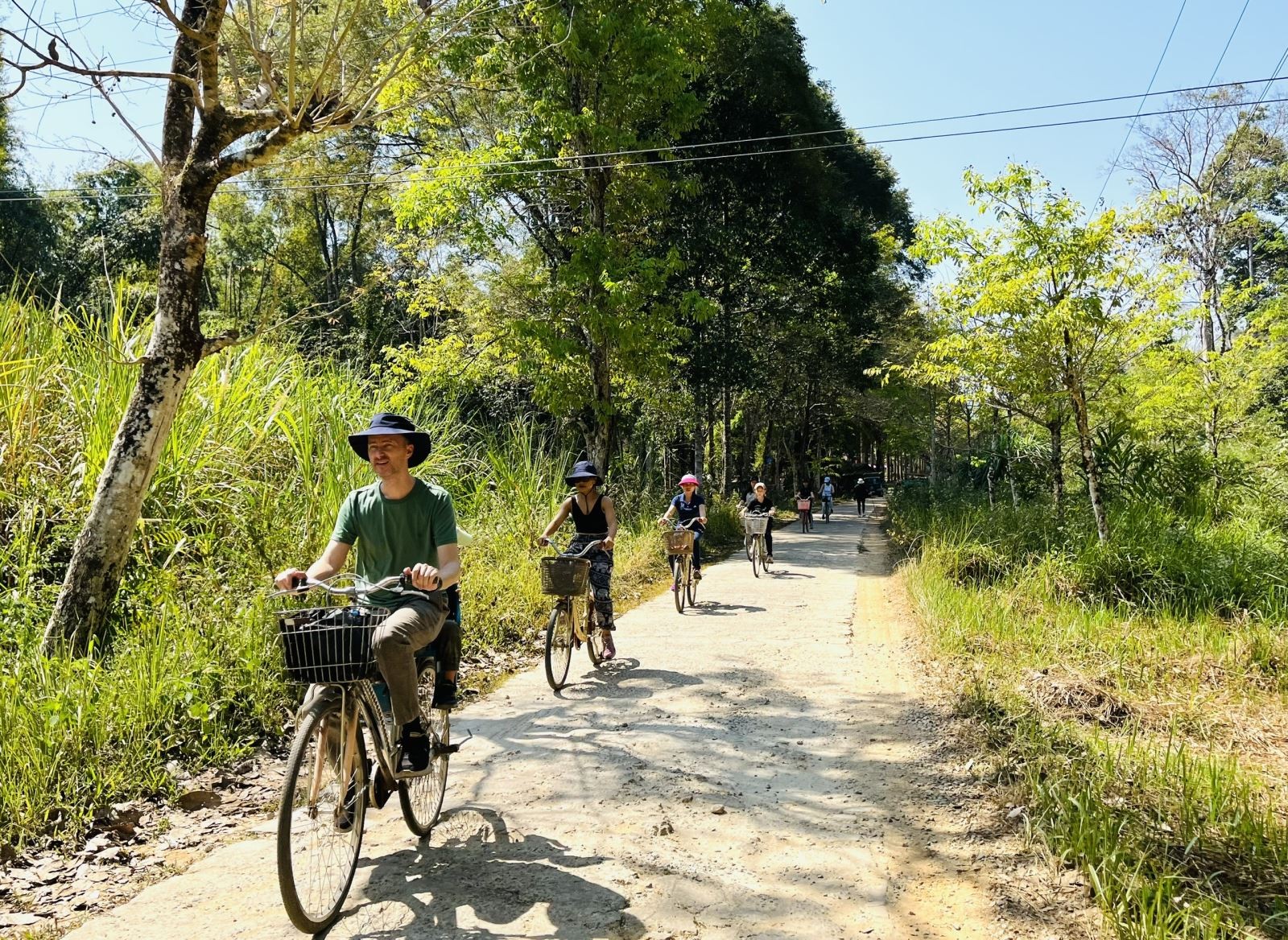
There are many limitations
In recent years, more and more tourism businesses in Vietnam have shifted to sustainable development, focusing on products associated with nature, community and health care. However, the “greening” of products still faces many challenges.
Dr. Pham Thai Son, Deputy Head of Tourism Department, Ton Duc Thang University, said that green tourism not only brings profound spiritual values to tourists but also promotes local economic development, raising social awareness without sacrificing the living environment.
“This is a global trend, especially after the pandemic, when people's need for mental and physical recovery is increasing. However, these products have not yet developed due to many barriers and limitations from policies and practices that businesses need to remove soon,” said Dr. Pham Thai Son.
Citing facts, Mr. Nguyen Duong Trung Hieu, General Director of Vietourist Holdings Joint Stock Company, said that the company is focusing on developing “healing” tourism products such as meditation, yoga, stream bathing combined with clean food, forest resorts and participating in tree planting to protect the environment. With more than 417 hectares of forest invested in Gia Lai, tourists can directly participate in forest planting activities as an experience of special spiritual value.
"However, we must also frankly acknowledge the barriers in infrastructure and policies that are significantly affecting the expansion of this type of tourism. Specifically, infrastructure at many destinations is still weak, especially waste treatment and clean water systems. Many small and medium-sized enterprises do not have enough capacity or awareness to switch to green, policies to develop green tourism are still lacking and not clearly specific for each product and each field of interest to tourists...", said Mr. Nguyen Duong Trung Hieu.
According to Mr. Le Truong Hien Hoa, Deputy Director of the Ho Chi Minh City Department of Tourism, in the context of climate change and increasing pressure on the ecosystem, developing green tourism is not only an ethical choice but also a sustainable, long-term development solution. That is the way for Vietnamese tourism to not only grow in quantity, but also improve quality, affirming its position on the world tourism map. However, at present, green tourism products are still mainly spontaneous, lacking system, and do not have a set of widely recognized common criteria and standards. Not to mention, communication work is not synchronous and specialized human resources in this field are very limited.
Must have long term strategy
Dr. Pham Thai Son said that Vietnam currently possesses dual advantages from rich natural resources and unique traditional culture. Integrating activities such as meditation, yoga, traditional medicine, health care or clean cuisine into tourism products will help improve the competitiveness of our country's tourism industry in the international market.
"To do this, Vietnam needs a systematic roadmap for infrastructure investment, development of high-quality human resources such as therapists, doctors, nutritionists, etc. and the need to build specific tourism products combined with the medical industry. In particular, therapeutic tourism products are becoming high-end products, helping businesses create a competitive advantage compared to other countries in the region," Dr. Son suggested.
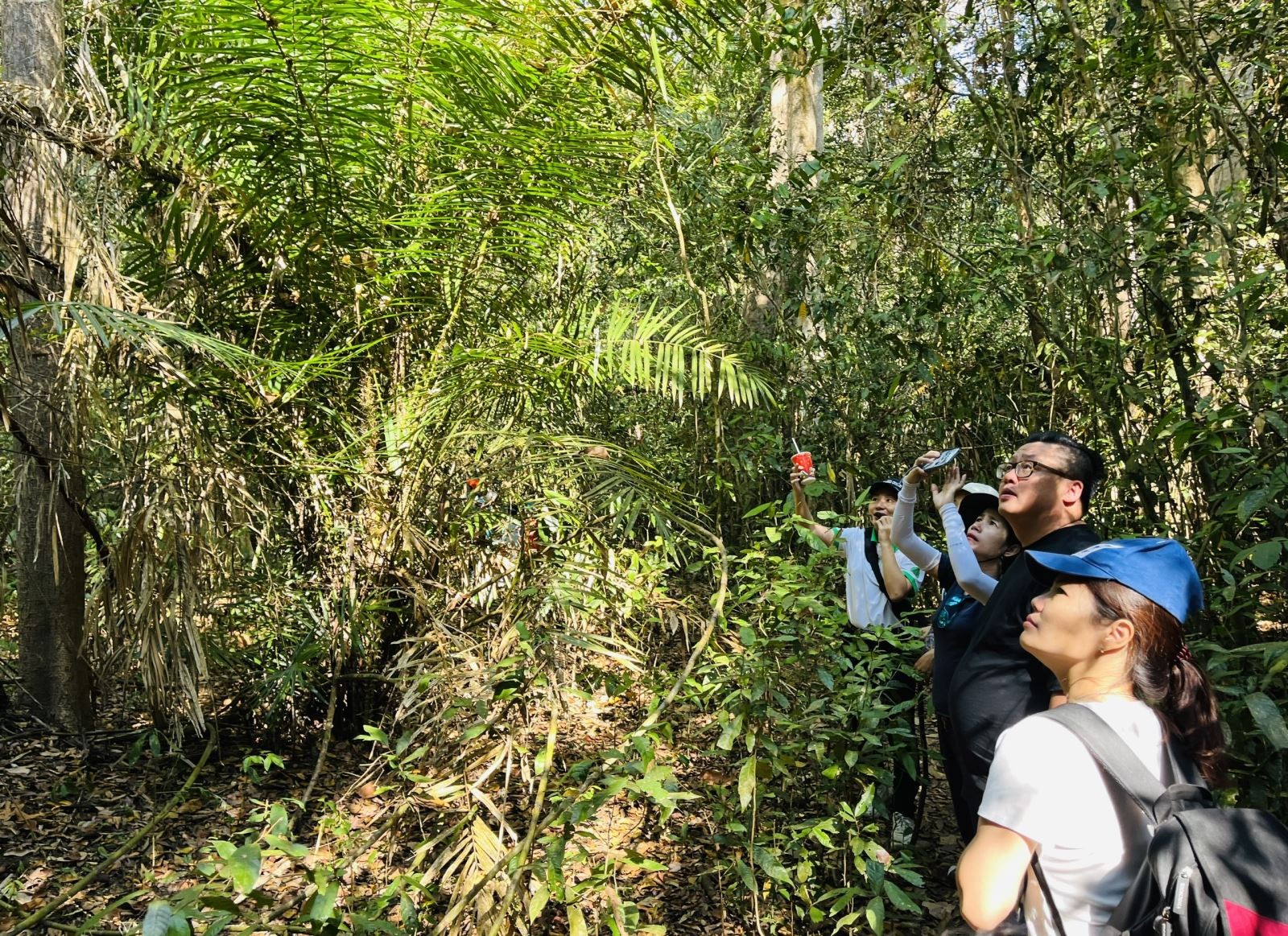
From a policy perspective, Director of the National Tourism Administration Nguyen Trung Khanh also proposed reviewing and perfecting investment incentives for green tourism, developing human resource training programs, providing financial support for businesses, promoting digital transformation, and promoting green tourism domestically and internationally.
"For this type of tourism to develop effectively, it requires the synchronous participation of all parties: the state provides guidance, businesses proactively "green" their operations, training facilities integrate knowledge into teaching, and local people participate in product development. In particular, the role of tourists is also changing: from passive consumers to value-creating companions. This requires tourists to also raise awareness, choose environmentally friendly services, and contribute more to the community," said Mr. Nguyen Trung Khanh.
According to tourism experts, green consumption trends are increasingly influencing destination selection behavior. According to statistics, about 34% of tourists are willing to pay more for green services and nearly 50% prioritize choosing tourism businesses that make positive contributions to the local community.
Grasping this trend, many provinces and cities in Vietnam have also begun to develop therapeutic tours combined with eco-resorts, such as: yoga and wellness tourism in Lam Dong, meditation in the forest in Gia Lai, body detox at resorts in the Central region or "healing tourism" programs associated with traditional medicine in some northern mountainous provinces.
In fact, Ho Chi Minh City, Da Nang, Hanoi... have also begun to build modern urban health care tourism products associated with high-quality technology and services. However, without specific planning and orientation, these models may only develop sporadically and lack diffusion. Therefore, in the long term, tourism experts believe that Vietnam needs a comprehensive strategy at the national level to clearly identify priority areas, development criteria and inter-sectoral coordination mechanisms to create a strong green - therapeutic tourism ecosystem.
Source: https://baolaocai.vn/can-phoi-hop-dong-bo-de-phat-trien-du-lich-xanh-tai-viet-nam-post648797.html




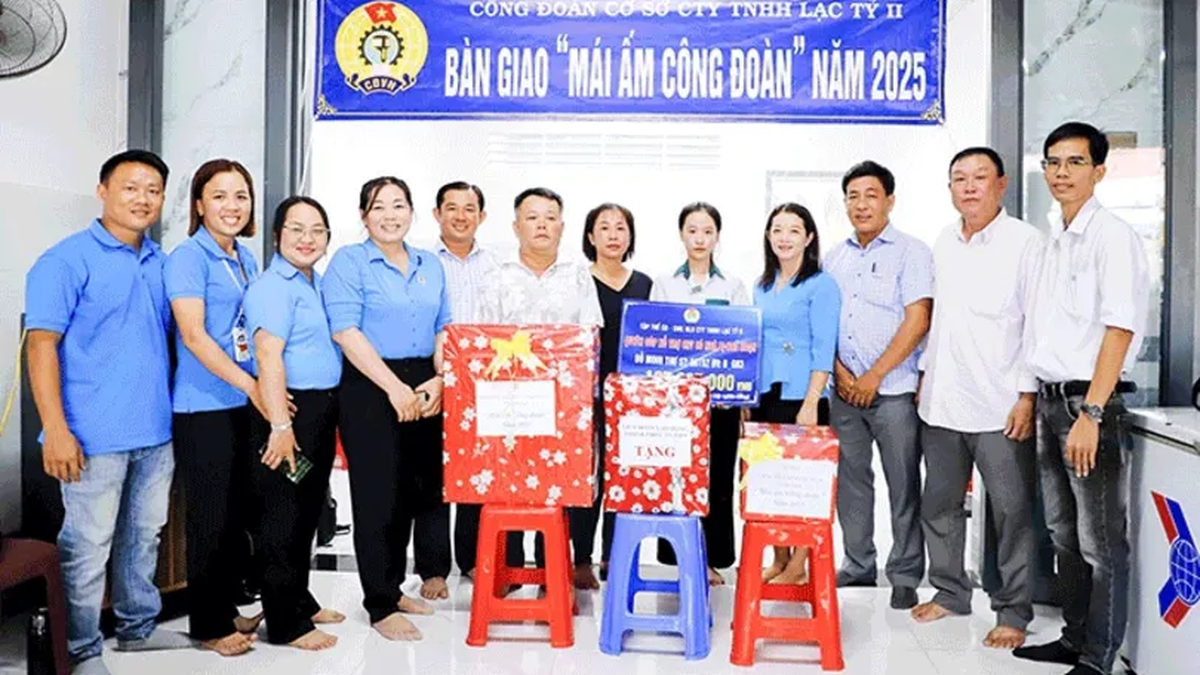
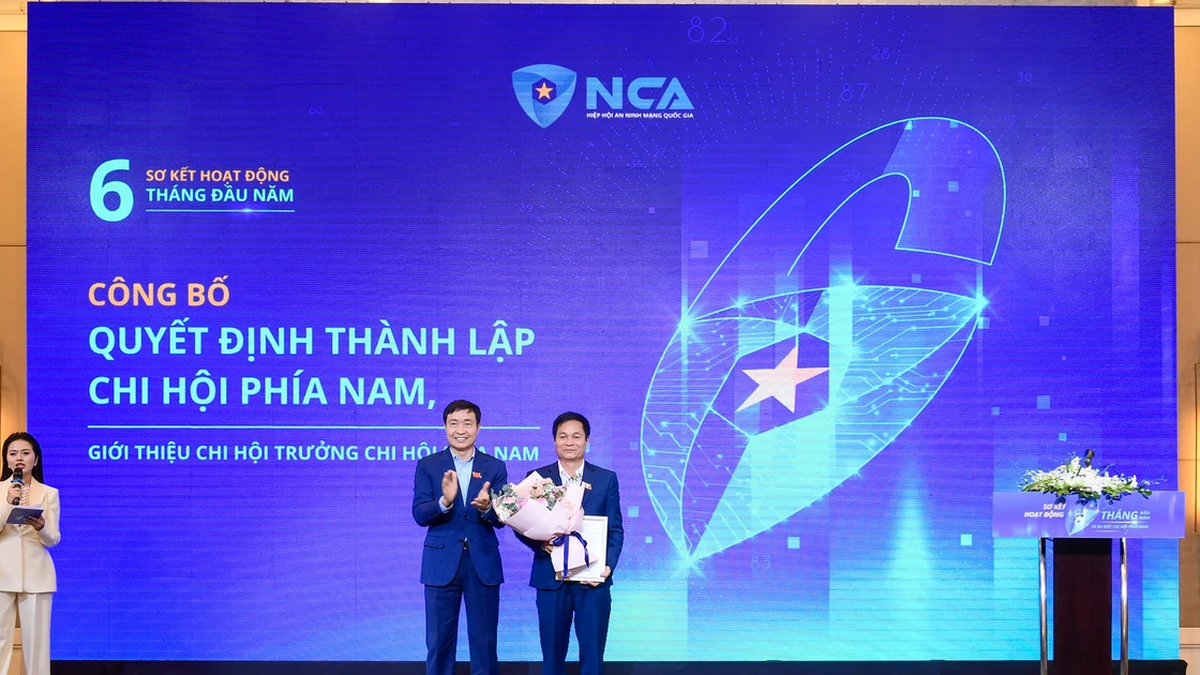
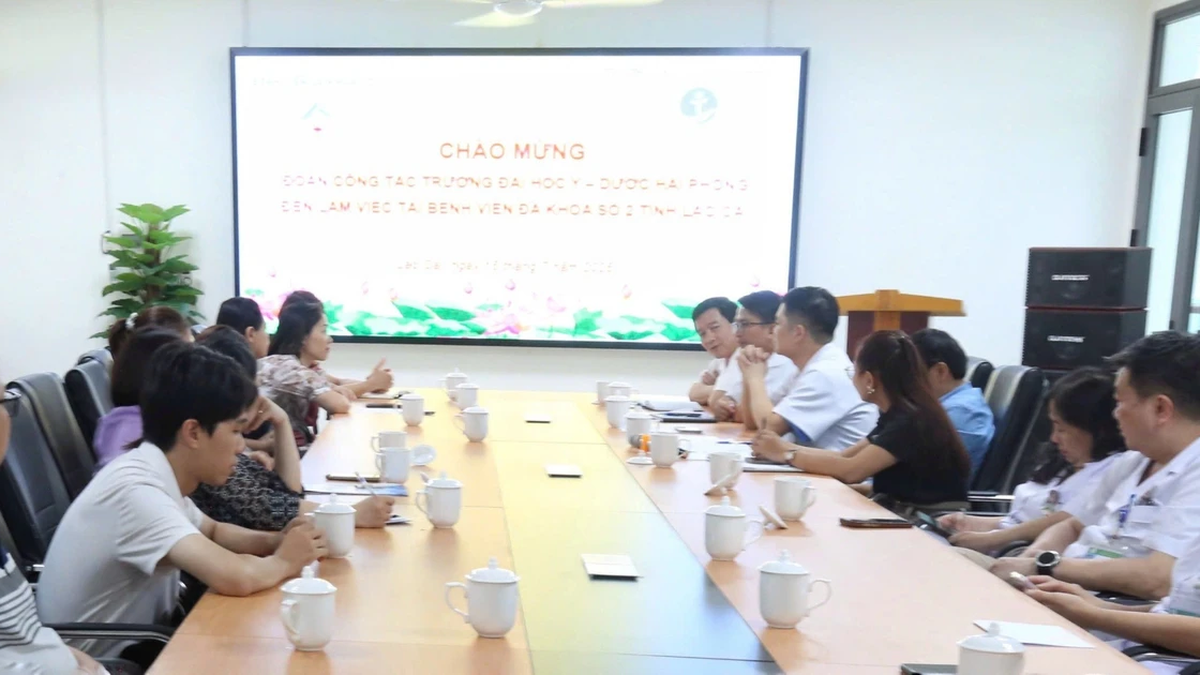

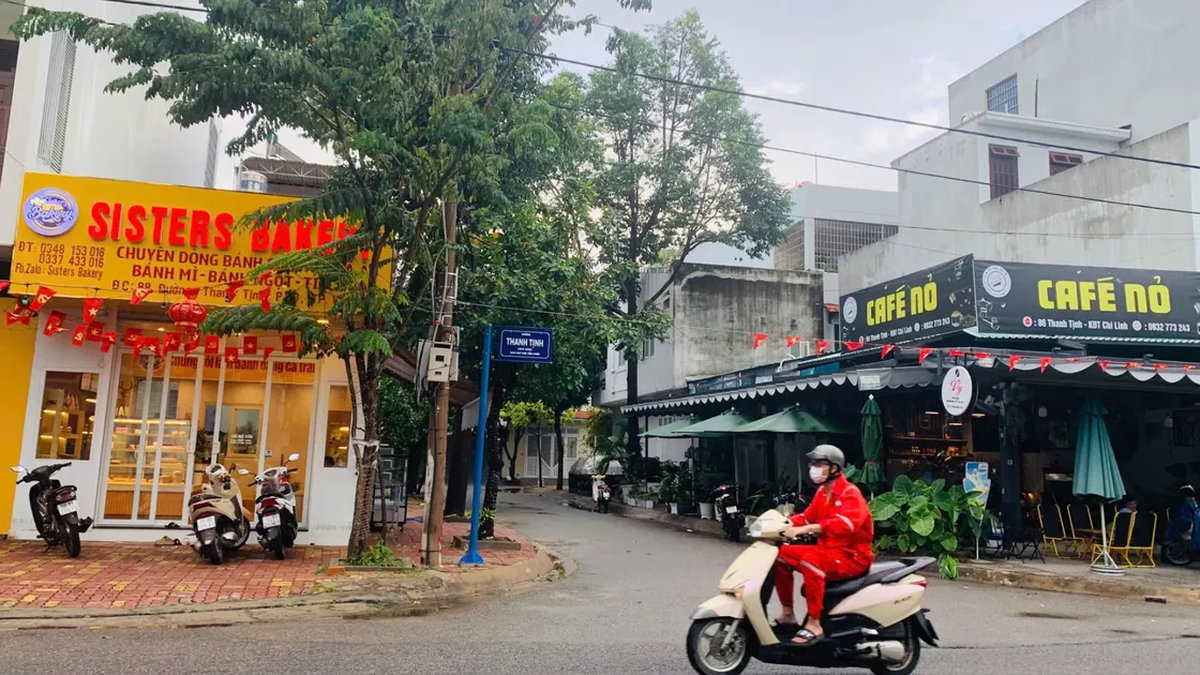
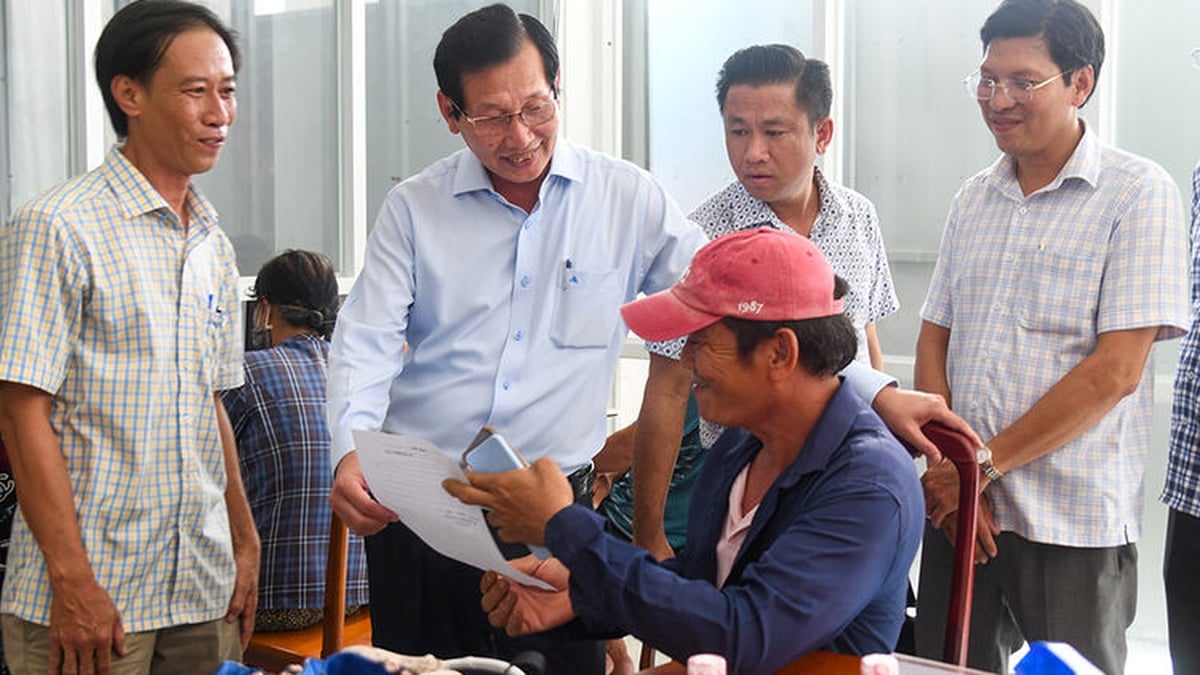
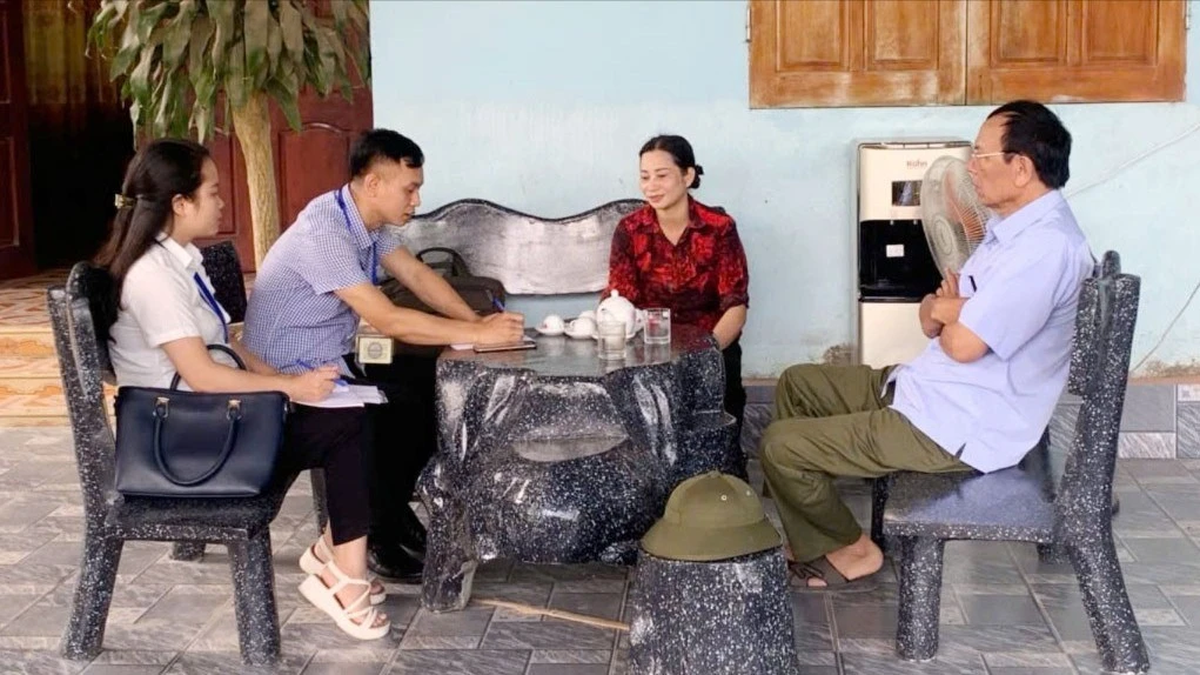

























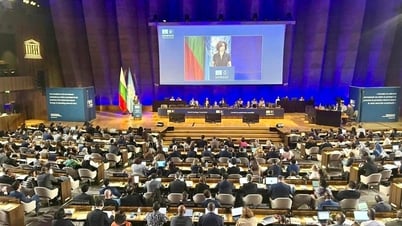
















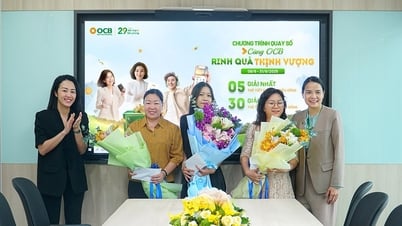

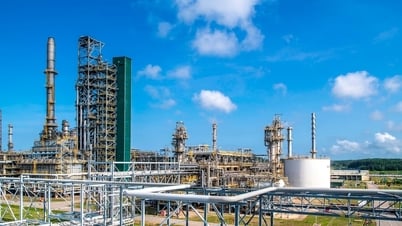









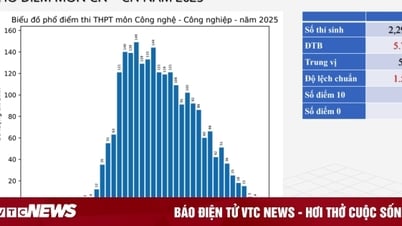







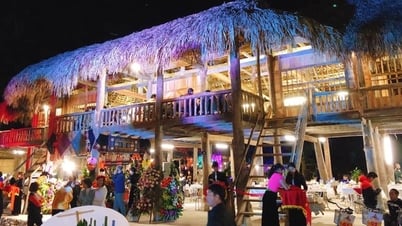

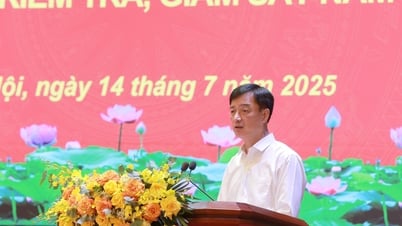

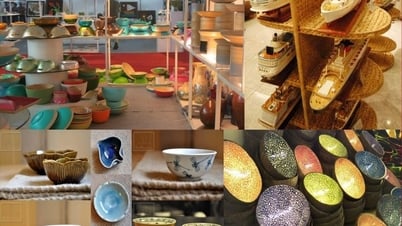





















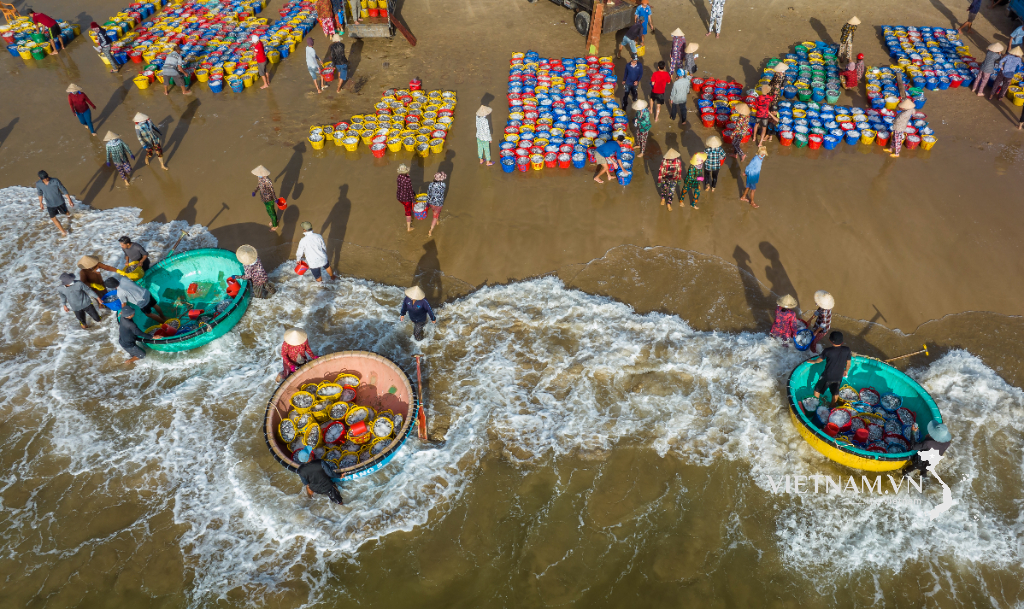

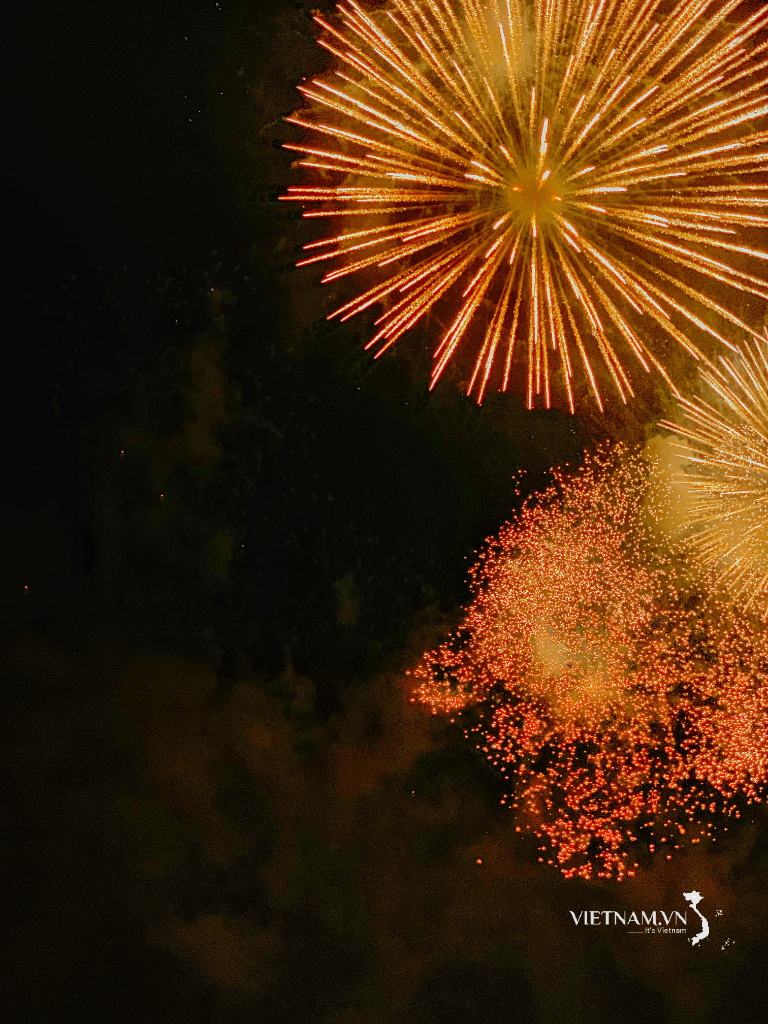

Comment (0)